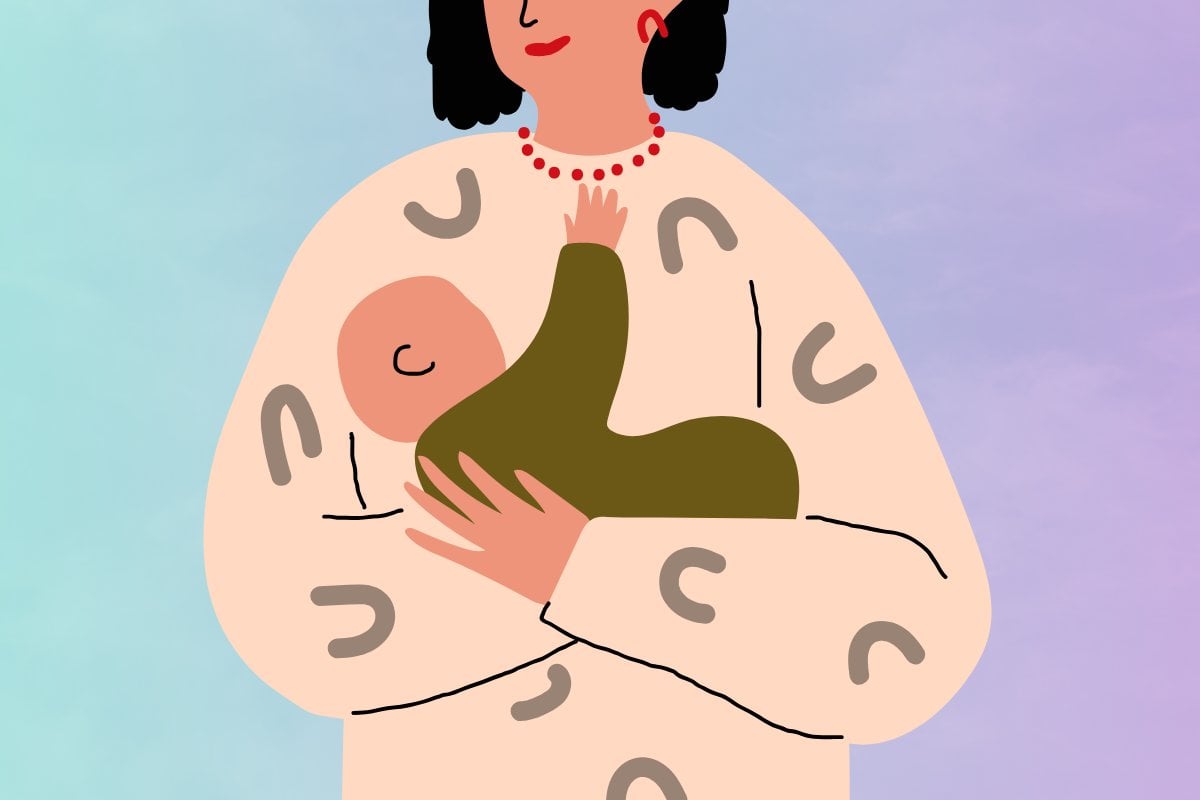
Sleep training can make life much harder for both mother and baby, according to Adjunct Associate Professor Pamela Douglas who is using the latest neuroscience findings to re-educate families on baby’s sleep.
She believes the current methods of sleep training, which include techniques such as delayed response to infant’s cues, feed-play-sleep cycles and avoiding overtiredness and overstimulation, grounded in ideas from the 1950s and 1960s are broken and an alternative paradigm, in which infant night-waking is normalised, needs to be adopted.
“The Possums Sleep Program focuses on two biological sleep regulators – the circadian clock and the sleep/wake homeostat. It is the only program in the world which doesn’t rely on the traditional behaviourism methods.
“We don’t talk about overtiredness and overstimulation. We want to ensure the baby gets enough rich sensory input. Families are being told the minute a baby gets grizzly to get them to sleep, but what they are really needing is a change of environment.
“When there is plenty of activity and social engagement sleep looks after itself. Sleep can happen flexibly and on the go in a satisfying way for the parent,” Associate Professor Douglas said.
Watch: Here's how to get a newborn baby to sleep. Post continues after video.
She said often excessive night waking is caused by a disruption to the circadian clock from big blocks of daytime sleep or in the first few months of life from underlying breastfeeding problems.


Top Comments
As a first-time mum, I was really determined to get the sleep thing right. After my baby was eight weeks old I found Tizzy Hall's 'Save our sleep' book (and her TV interviews that I found on YouTube) really useful because I needed a guide. The routines worked for my baby and we were both happy. I think mainly it helped me to feel more confident following a 'rule book' with sleep times.
As a second-time mum, I'm finding it very different. I feel much more confident that I've got this, that I can read my little one's signs and I'm flexible with trying a few things to see what works. I'm probably much more like the Possums Sleep Program in the article, with my baby/toddler staying up later.
On occasions where she's ended up completely out of routine, I've also been perfectly comfortable letting her shout at me from her room once I put her to bed until she gives up and puts herself to sleep - so long as it's yelling and not crying. That really upset me as a first-time mum, but these days I'm better at working out when my little one is really just tricking me into coming in to play. :)